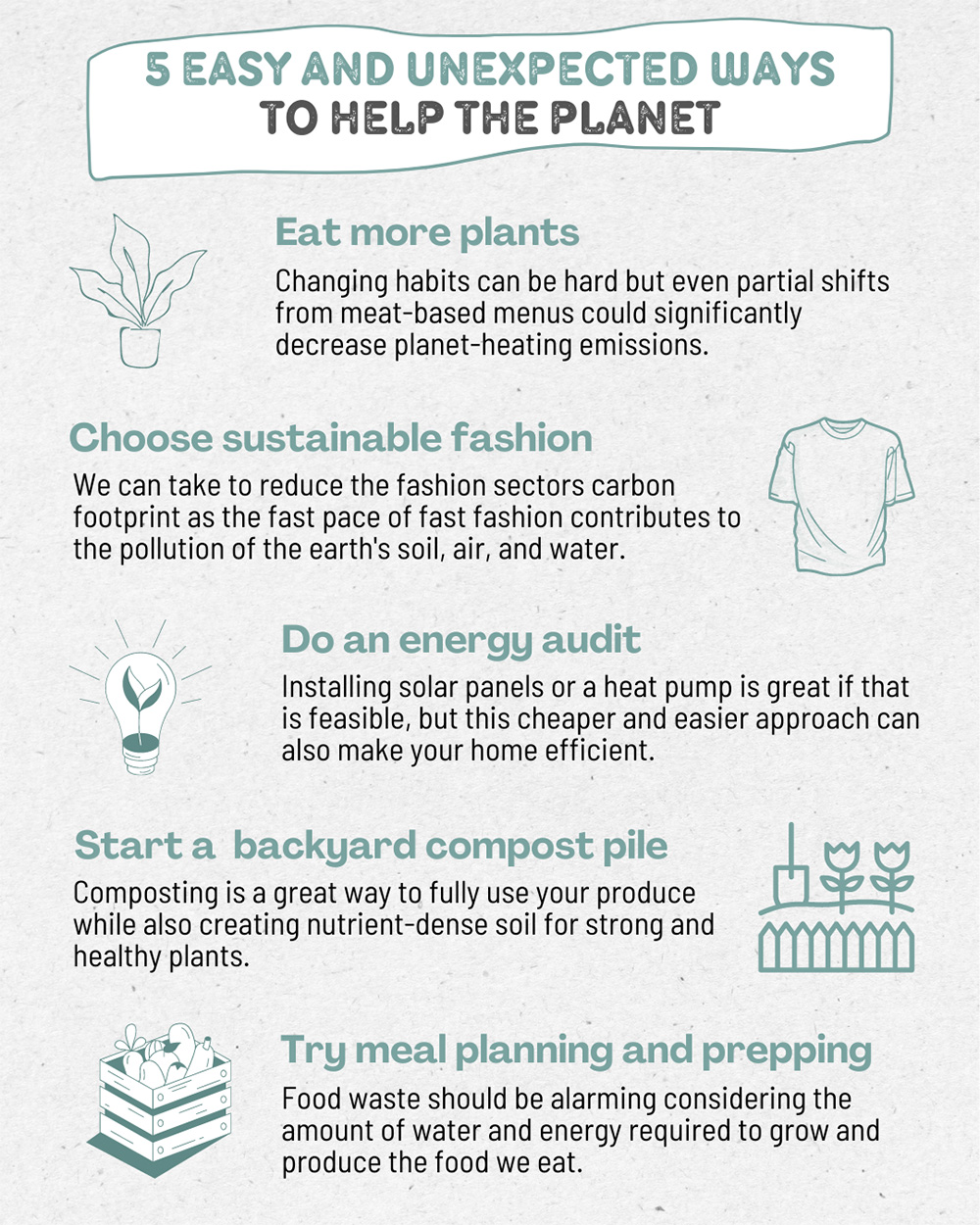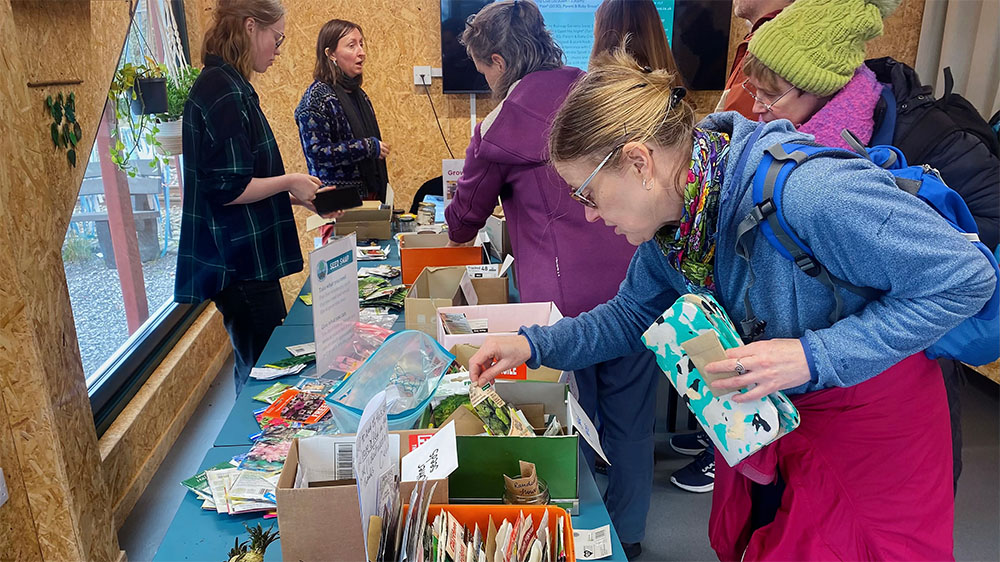More people are searching for advice about climate anxiety online, according to data released from Google. What can we do to feel less anxious and make a difference for the planet?

Over the past year, climate activist Hannah Gracia has felt overwhelmed by constant alarming climate news, including reports of uncontrollable wildfires in California and severe floods submerging coastal communities in South Asia.
Social media is part of this problem. “It’s hard when social media algorithms pick up on your interest in the topic and therefore push the worst news at you all the time. My partner’s social media is all cute birds and baking bread and mine is a sort of climate hellhole. It made me anxious,” she said.
Hannah also felt frustrated that what she had done did not seem to make a difference. “I found myself experiencing a lot of intrusive thoughts about our future, and a lot of guilt too, as the actions I was taking felt insignificant in the face of this enormous global challenge,” she said.
Climate anxiety is a growing concern among the UK public. Data from Google Trends shows that search queries related to “climate anxiety” in the first 10 months of 2023 are 27 times higher than the same period in 2017, according to BBC.
“It’s common for people, especially young people, to feel quite a lot of regular fear and anxiety around climate change, and more than 80% of people living the UK feel some level of worry about the climate,” said Hannah, working at Green Squirrel in Cardiff, a social enterprise taking action on the climate.

Taking action is a solution to climate anxiety, according to Hannah. “It’s easy to think that people take action because they feel hopeful, but really it’s the other way round,” she said. “A sense of hope, and a sense of agency, emerge as we each start to take action. Doing something to create a positive change, especially something that’s a good fit for your interests and your skills, is a really powerful way.”
Cass Herbon, a climate action and sustainability writer, also said if you’re not sure how you contribute, the best thing to do is to ask people in the movement, go to your local green groups, and ask that “I want to help the planet, and I can do this and this, but I don’t know how it helps”.
Even a little thing could contribute to the planet, according to Cass. “For example, I really like reading on the beach. I thought, wouldn’t it be cool if I could help the planet by reading on the beach, as it’s a very low carbon activity. But if I’m being honest with myself, I can do more. There is more than one thing that I find,” she said.
Cass also said that climate action is not about big-scale and one-off efforts. “You don’t have to think about the climate movement as a global movement. Starts with your own neighborhood,” she said. “Also, we need to think of ourselves as future ancestors. We’re not just thinking about how we’re going to affect the world that our children grow up in. But how their children’s children’s children’s children’s are going to experience the world.”
Avoiding catastrophic climate news could also release the climate anxitety, according to Hannah. She said her climate anxiety is usually triggered by social media or news stories, and stepping away from the phone and taking a break from reading about environmental issues is one way to manage it.

Over the past years, Cass has also felt burnout by the amount of negative information on climate change. She worked with NGOs, joined street protests, and ran social media campaigns.
“I was really depressed. I was in a bubble of just being exposed to very heavy information all day, every day. Scientific reports and all the evidence say we need urgent climate action; otherwise, it’s the end of the planet.” she said. “I also felt transparent and quite defeated when I was seeing how politicians are disregarding people in the streets of protest.”
This led her to start thinking about how she could bring a sense of enjoyment to climate action. She started organising joyful events related to climate issues such as stand-up comedies. “In stand-up comedies, I’m able to talk about serious issues without making anyone feel attacked in normal jokes, right? It’s great,” she said.

According to Hannah, there is also a gap between the actual level of public concern about climate change and how individuals perceive others’ attitudes, according to Hannah. “Most of us perceive other people’s level of climate worry to be much lower than it actually is, and we assume that support for climate action is lower too,” she said.
This values-perception gap could encourage the public to keep quiet about the cliamte issue. “It makes us think we’re the only people feeling concerned about it. In our work at Green Squirrel, we’re always looking for new ways to open up conversations about climate, break down that sense of isolation so many people currently feel.”
The Green Squirrel will hold joyful events in the community to combat climate change. “We’ve got a clothes swap coming up in April. By buying less and throwing away less, we can reduce our contribution to climate change. More importantly, we’re getting together and enjoying ourselves,” said Hannah.

